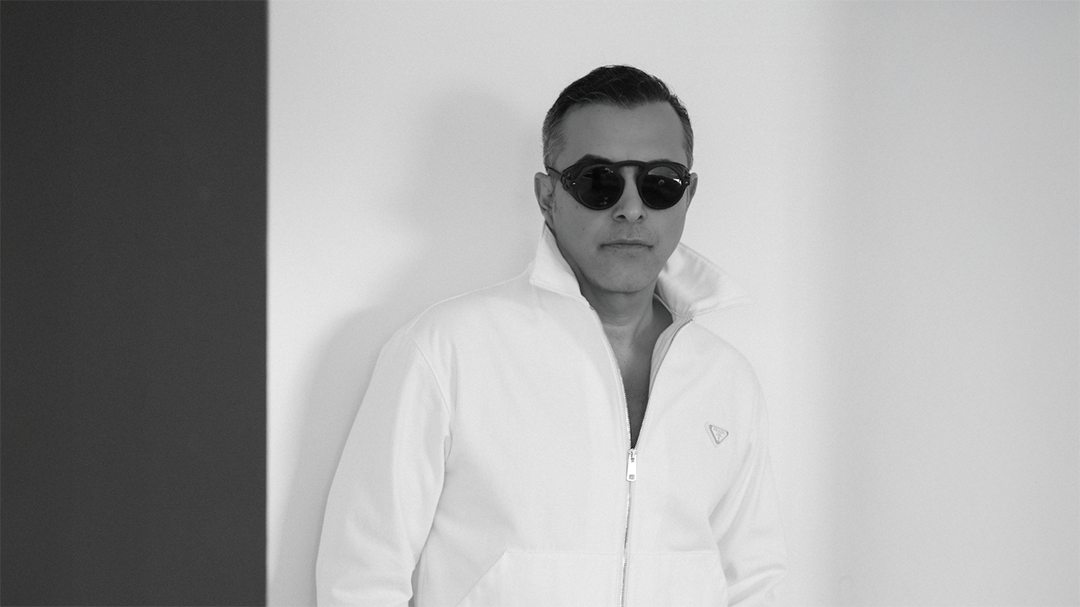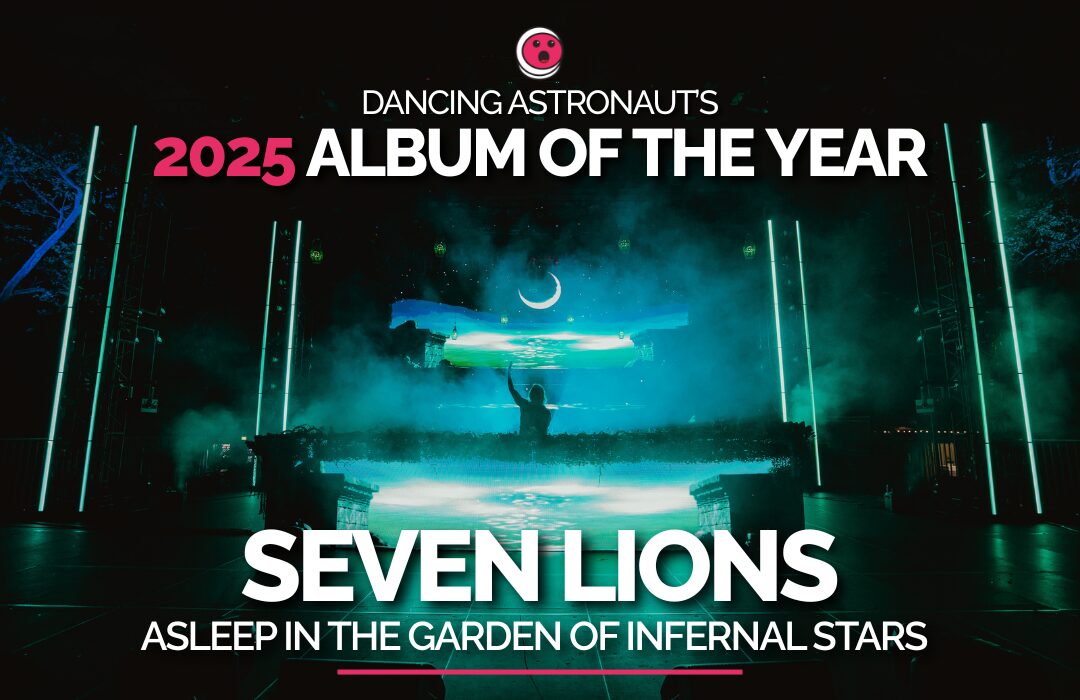There is seemingly no limit to the moral complexity of Avatar: The Last Airbender, where the show's creators threw its cast up against ethical dilemma after ethical dilemma with every episode. Often earning the baffled addendum "for a kid's show," the world of Avatar proved philosophically interesting and morally multifaceted by any standard.
This is part of the reason it is so amazing that the Mechanist stands above all of the other heroes as one of its most complex figures. Appearing in just a smattering of episodes and with a limited role, Avatar's greatest genius may have also been its most fascinating figure.
Introduced in Book One's "The Northern Air Temple," even the Mechanist's debut episode was rife with complex situations. The story began with Aang and his friends hearing rumors of surviving airbenders at the nearby temple, getting Aang's hopes up that some of his people remained after the Fire Nation's attack a century ago. When he discovered the Mechanist led a group of Earth Kingdom refugees to the Air Temple as a safe haven instead, Aang's hopes were dashed. When he further discovered that the Mechanist remodeled the Air Temple, Aang's sense of sanctity toward preserving his culture was threatened. And when he discovered the Mechanist was designing powerful advanced weapons for the Fire Nation military, he was enraged.
Yet even after all of that, the Mechanist was not treated as a villain. Part of the reason was because of the sheer usefulness of his inventions, which aided the efforts against the Fire Nation immensely on the Day of the Black Sun and in designing Aang a new glider. Part of the idea behind the Mechanist was clearly that he embodied the idea of the scientific process, which is never inherently good but can be used or misused by different forces. The common view is that such technological revolutions occur eventually regardless of who it is that makes them, so it becomes more difficult to pin blame on the individual inventors who bring them about.
However, it's harder to say that such a thing is really the case where the Mechanist is concerned. As the designer of the Fire Nation's tanks, the drill that nearly brought down Ba Sing Se and the hot air balloons that gave them the world's first air force and nearly empowered Ozai's army to burn the entire Earth Kingdom to cinders, there is certainly a lot to pin on the Mechanist in particular. Perhaps someone else would have created his inventions later even if he hadn't, but with so many inventions spurring on leaps and bounds of progress during wartime, it's hard to consider him blameless where all the lives lost in countless battles are concerned.
Nonetheless, that argument sits far from settling the case against the Mechanist. As a refugee himself, put into a desperate position trying to find solace for himself and his people, it proves hard to pin too much on the Mechanist personally. His entire town was flooded and his son grievously injured, and his options were likely limited when the Fire Nation first approached him with their offer. And at the end of the day, the Mechanist was just a jolly and good-natured man. Sokka's intellectual connection with him spurred on an important development for the non-bender in finding his niche among a team of legends, and the Mechanist's guilt at his misdeeds weighed immensely on his conscience.
Moral complexity weaves throughout plenty of other characters in the Avatar cast. Zuko's redemption arc from villain to hero is considered by many to be the gold standard even among animated stories today, and minor villains met throughout the Gaang's adventures like General Fong or Hama provoke complicated justifications in their own right.
However, ultimately, it was the Mechanist who settled on the side of the heroes. Perhaps too easily forgiven, but nevertheless fascinating for fans, the Mechanist just may be the perfect character to illustrate the masterful storytelling of Avatar.
About The Author

